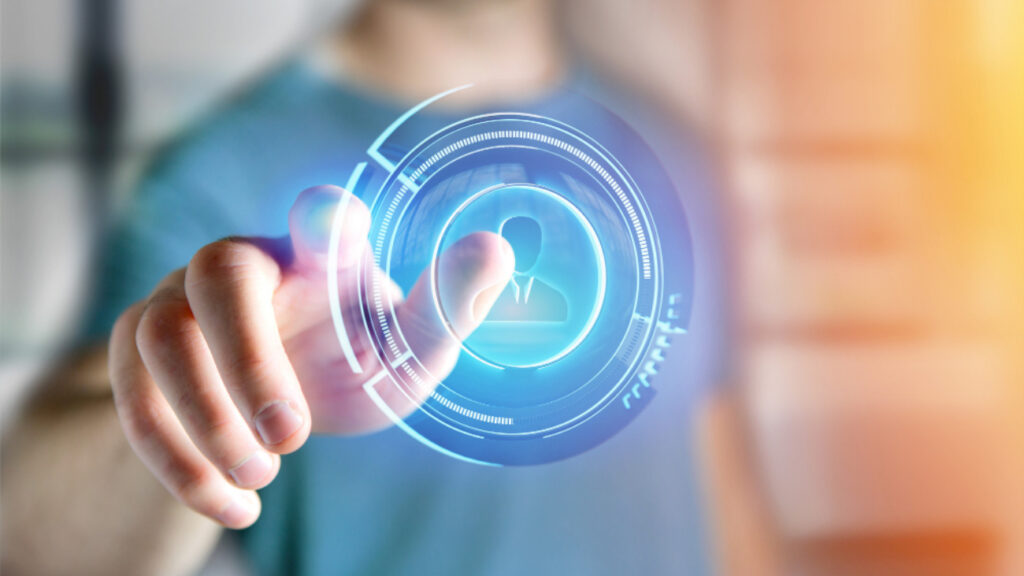Recently, the incorporation of neural biometrics in the medical field has opened up new avenues stated Bahaa Abdul Hadi. These avenues are for improving patient outcomes and customized healthcare services.
The use of neural biometric technologies like facial recognition and brainwave recognition holds promising outcomes. It will help with improved medical record management, personalization of treatment and diagnostics. Nevertheless, when the technology emerges, some concerns need careful consideration.
Remote Monitoring of Patients
When neural biometrics is incorporated into wearable devices, it will help with remote and continuous patient monitoring. This will enable early intervention in case of medical emergencies. Further, it will help with achieving a comprehensive understanding of the day-to-day health trends of patients.
Improved Identification of Patients
Neural biometrics like facial recognition will help with improving the patient identification process. In turn, there will be fewer chances of errors. Also, it will help with streamlining the management of medical records. This will ensure that healthcare providers have up-to-date and accurate information. In turn, they can ensure better patient safety and can arrive at better-informed decisions.
Treatment Personalization
Neural biometrics will help with customizing treatment plans. This can be done based on the characteristics and unique responses of an individual. By doing this, neural biometrics can revolutionize the field of precision medicine. It can customize interventions to the particular reactions and requirements of every patient. Hospitals can, in turn, provide more targeted and effective care.
Improved Diagnostics
Neural biometrics can offer non-invasive means of obtaining valuable information on the physiological and neurological states of patients. For instance, when it comes to brainwave patterns, neurologists can evaluate them to help with early spotting and diagnosis of neurological issues. Doctors can, in turn, achieve a more comprehensive knowledge of the health of patients.
Addressing Concerns
Equity and Accessibility
The extensive adoption of neural biometrics in healthcare should take into consideration the issues of equity and accessibility. It is important to make sure that the advantages of these technologies are accessible to all sections of the population. In turn, the potential differences in healthcare outcomes and access are prevented.
Regulation and Standardization
The adoption of neural biometrics in the healthcare sector is growing. In turn, there is a requirement for standardized regulations and practices. Only then, it will be possible to ensure ethical, dependable and consistent use across different medical settings. This encompasses defining clear guidelines for sharing data, responsible data management and consent procedures.
Ethical consideration, security and privacy are other concerns that should be addressed when implementing neural biometrics. Thank you for your interest in Bahaa Abdul Hadi blogs. For more information, please visit www.bahaaabdulhadi.com







